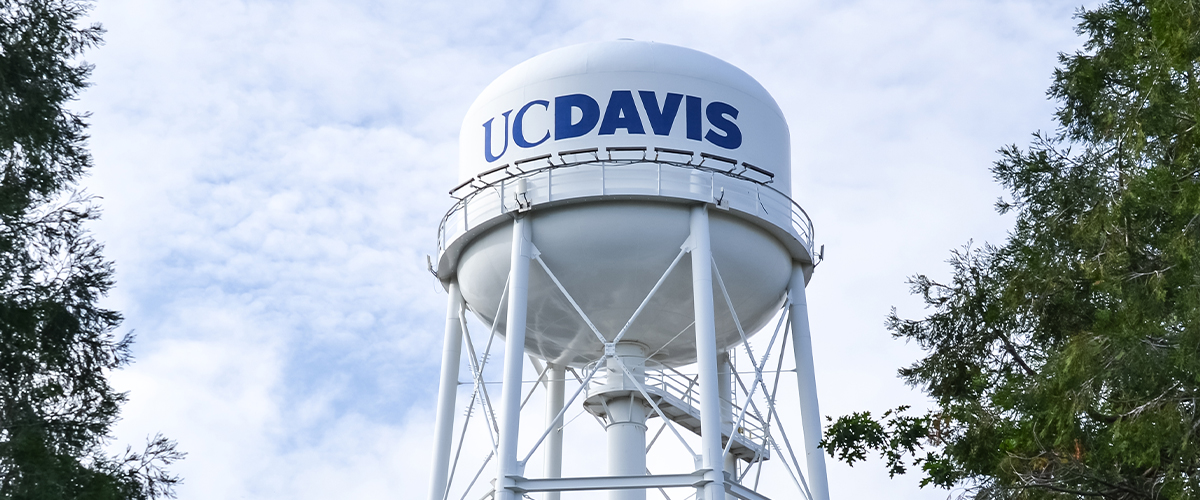[vc_row][vc_column][vc_column_text]
Researchers at UC Davis will work with a DEA-approved company to take a closer look at cannabis and learn standardization methods and crop management strategies.
Researchers at the University of California, Davis, have announced they are entering into a partnership with a federally-approved biopharmaceutical company to analyze cannabis for the benefit of law enforcement, health care providers, and other scientific researchers.
Gail Taylor, professor and chair of the Department of Plant Sciences at UC Davis, said she anticipates the new research will bring an overall better understanding of the cannabis plant.
“While cannabis is already available for medicinal and recreational use in a majority of states, cannabis research has long struggled to keep pace with the law,” Taylor stated in a press release.
“We expect this partnership to bring more scientific understanding of the plant and its products so that regulators can more effectively manage potential risks and benefits.”
UC Davis researchers will be partnering with Biopharmaceutical Research Company (BRC). The company is registered and approved by the U.S. Drug Enforcement Administration to produce analytical data solely for researchers in compliance with federal regulations. BRC also manufactures pharmaceutical-grade cannabis for research purposes.
The UC Davis research team hopes that with a better scientific understanding of cannabis, government agencies will begin to regulate the substance more effectively. Another goal of the partnership is to aid healthcare providers by uncovering new treatments and better equip them with knowledge when writing patient recommendations for cannabis.
George Hodgin, founder and CEO of BRC, said his company’s primary goal is to find ways cannabis can be used to help people.
“BRC was founded on the mission of examining how cannabis can effectively be used to help patients across America, particularly veterans struggling with depression, post-traumatic stress, chronic pain and other wartime wounds,” Hodgin explained.
“The BRC team is eager to support UC Davis in this research endeavor, and to help lawmakers and regulators better understand the science of cannabis, so stakeholders can more effectively make policy and health decisions.”
BRC and UC Davis researchers will study the chemical composition of tetrahydrocannabinol or THC, cannabidiol or CBD, and other cannabinoids at BRC’s labs. No marijuana will be studied on the UC Davis campus.
UC Davis will be joining the ranks of other top-rated UC schools in an attempt to unlock the potential of cannabis. Those include the University of California, Los Angeles, who introduced the Cannabis Research Initiative and the University of California, Irvine, who introduced the Center for the Study of Cannabis.[/vc_column_text][/vc_column][/vc_row][vc_row][vc_column][vc_single_image image=”297903″ img_size=”730×305″][/vc_column][/vc_row][vc_row][vc_column][vc_column_text]
UC Davis Opens Cannabis and Hemp Research Center
UC Davis has also announced it will be opening a Cannabis and Hemp Research Center. Cindy Kiel, with UC Davis Office of Research, said the center will be a hub for cannabis education.
“The center will stimulate new research and educational exchange by convening conferences and seminars, providing seed funding and engaging with policymakers,” Kiel stated in a press release.
“It will also provide a centralized resource to ensure compliance with current laws and policies.”
The school plans to officially unveil plans for the center sometime in 2019 and is currently looking for two faculty co-directors.
UC Davis consistently ranks among the top universities in the nation for agriculture. The school has created an extensive research infrastructure with the intention to provide insight related to cannabis production, applications for use and social implications, according to the school officials.
Follow the Cannabis Industry
Visit our news page for more in-depth reports on cannabis business, policy and scientific research.[/vc_column_text][/vc_column][/vc_row]






